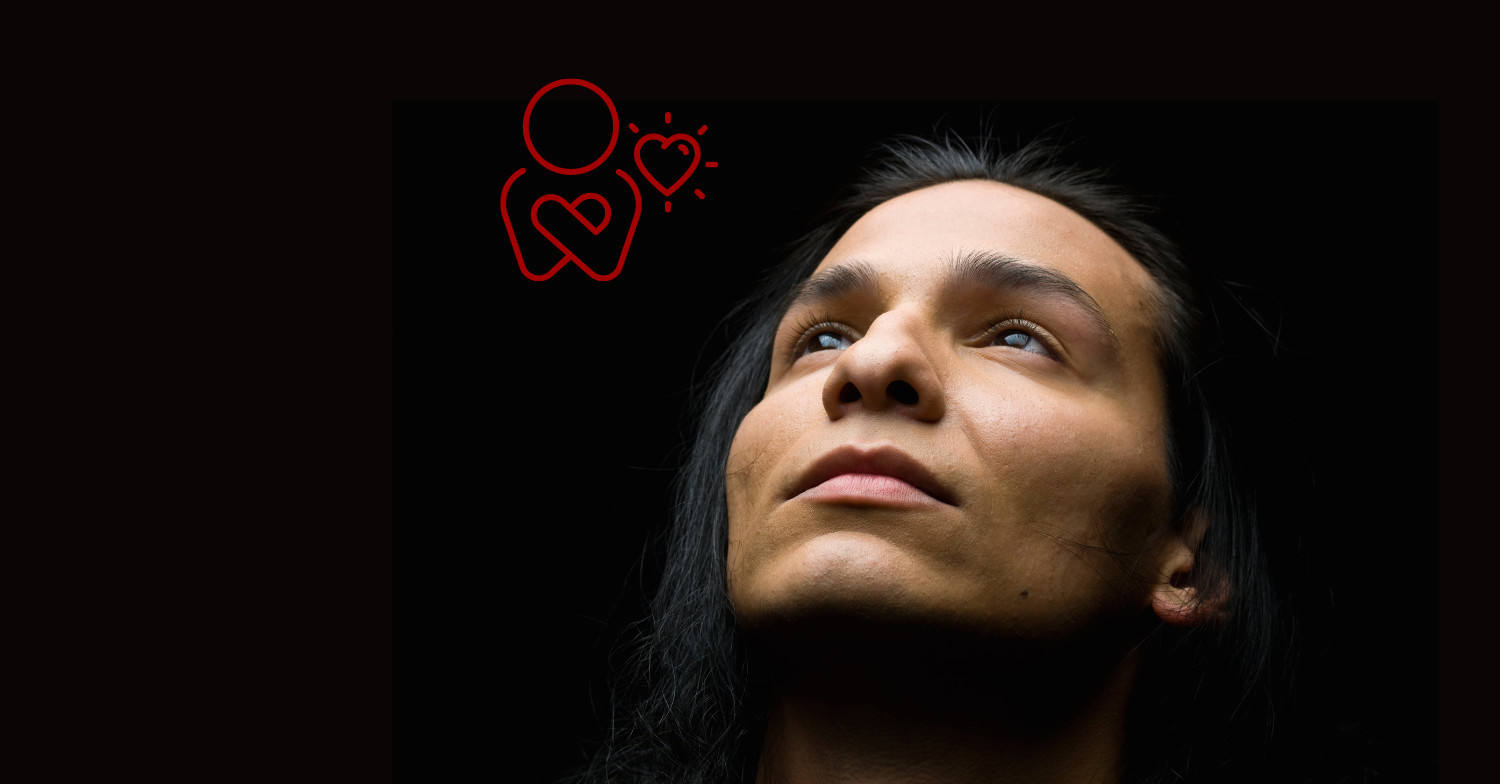
In today's fast-paced world filled with pressures and constant comparisons, embracing self-compassion is a powerful tool for personal growth and well-being. This is particularly relevant for Indigenous people, where honouring traditional values and cultural strengths can enhance the practice of self-compassion.
This practice urges us to extend to ourselves the same gentleness, empathy, and encouragement we readily offer to beloved friends, especially during adversity.
Through nurturing self-compassion, we fortify our resilience and elevate our self-esteem, equipping us to navigate life's complexities with increased assurance and poise gracefully.
Unveiling the Essence of Self-Compassion
Self-compassion revolves around three pivotal pillars: self-acceptance, present-awareness, and recognizing shared humanity.
Each facet intricately shapes our self-perception, particularly amid challenges or when we confront our vulnerabilities.
Self-Acceptance: This entails fostering warmth and empathy toward ourselves and steering away from self-critique. Acknowledging that flaws and setbacks are inherent aspects of the human condition allows us to be imperfect without self-condemnation. In various Indigenous cultures, balance and harmony within oneself is key to well-being, making self-acceptance an integral part of the healing process.
Present-Awareness: Mindfulness lets us observe our thoughts and emotions without becoming entangled. Encouraging a stance of curiosity and openness towards our experiences helps us avoid rumination or avoidance. Traditional practices such as smudging, drumming, and storytelling can serve as mindful activities that bring us into the present moment, fostering a compassionate perspective toward ourselves and our experiences.
Shared Humanity: Recognizing that suffering and imperfection are universal experiences fosters a sense of interconnectedness with others in our shared struggles. This realization alleviates feelings of isolation amidst adversity. In many Indigenous communities, the emphasis on community and collective support reinforces the understanding that we are never alone in our struggles.
Fostering Resilience and Self-Esteem through Self-Compassion
Integrating self-compassion into our daily lives can profoundly enhance our resilience and self-worth. Here are some avenues to cultivate self-compassion:
Embrace Self-Validation: Tune into your internal dialogue, particularly during trying moments. Replace self-criticism or negativity with affirming and compassionate self-talk. Reflect on the teachings and wisdom passed down through generations, using them as a source of strength and validation.
Honour Imperfection: Remember you’re not alone in navigating life’s challenges. Recognizing the universality of human struggles can foster a sense of connection and belonging amidst adversity. Engage in community gatherings, cultural ceremonies, and practices that reinforce this sense of shared humanity.
Cultivate Mindfulness: Establish a routine incorporating mindfulness practices like meditation, breathwork, or traditional ceremonies. These techniques can facilitate a compassionate perspective towards yourself and your experiences, grounding you in the present moment.
Harnessing Self-Compassion in Daily Encounters
Self-compassion emerges as a potent ally when confronted with setbacks or critique. Rather than succumbing to self-doubt or defensiveness, extending compassion towards oneself can facilitate growth and resilience.
Nurturing a Compassionate Bond with Self
By embracing self-compassion, you embark on a journey of cultivating a nurturing relationship with yourself, laying the groundwork for enduring resilience and self-assurance. This practice empowers you to confront life's trials with understanding and support, enriching your well-being.
Should you wish to explore self-compassion and its transformative potential within the context of Indigenous traditions, feel free to reach out for guidance. Together, we can craft strategies to nurture your self-compassionate journey and bolster your resilience and self-esteem.
Incorporating traditional teachings and practices into the framework of self-compassion honours cultural heritage and provides a holistic approach to personal growth and healing.



